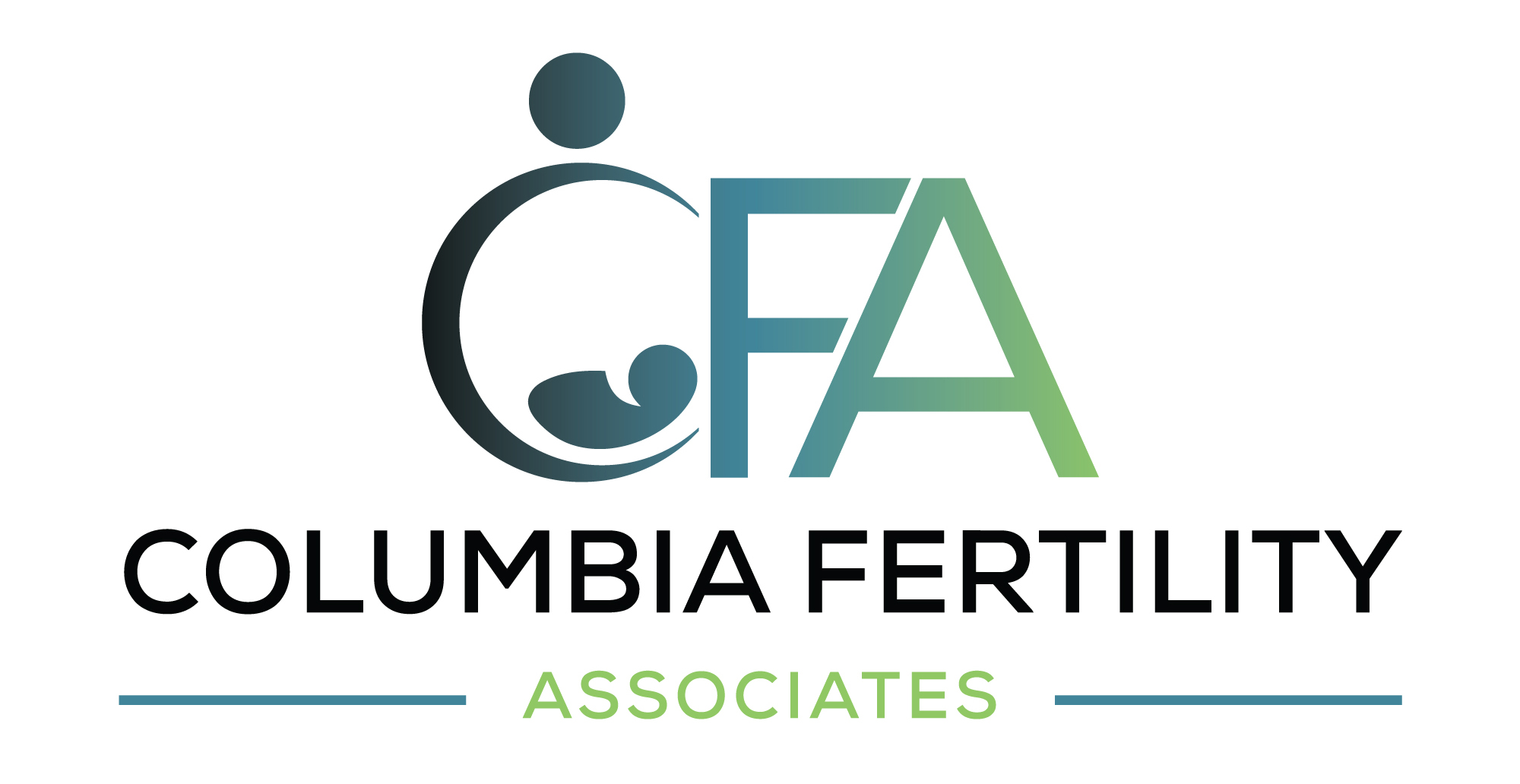If you’ve seen a photo of a baby in the womb, you’ve seen a sonogram. A sonogram is a print-out or digital image created by ultrasound, which is a type of high-frequency sound wave that your doctor or technician bounces off your inner organs. Even though most people are familiar with the sonograms that parents get when they want to know about their developing baby’s health, due date, or sex, you don’t have to be pregnant to get a sonogram.
At Columbia Fertility Associates, our expert OB/GYNs offer sonograms at their locations in Washington, DC; Bethesda, Maryland; and Arlington, Virginia. Your OB/GYN may recommend a sonogram whether you’re already pregnant or not. Here are a few reasons why you might need a sonogram and how the information these images provide can benefit you.
Check your reproductive health
If you have heavy, painful periods or if you’re having trouble getting pregnant, your OB/GYN may recommend that you have an ultrasound so they can evaluate the health of your reproductive organs. They may prescribe a transvaginal ultrasound (your technician inserts an ultrasound transducer wand into your vagina) or a transabdominal ultrasound (your technician runs a transducer over your abdomen), or both.
On your sonogram, your OB/GYN looks to see if:
- Your ovaries, fallopian tubes, and uterus look normal and healthy
- You have abnormal growths, such as fibroids, ovarian cysts, or tumors
- You have evidence of endometriosis
- You have an ectopic (in the fallopian tubes) pregnancy
- You have a rare, abnormal molar pregnancy
A sonogram helps your OB/GYN identify the source of your pain or infertility. Once they locate the source of your problem, they devise a treatment strategy, if needed. If you have an ectopic or molar pregnancy, they recommend surgical removal as soon as possible.
Monitor fibroids and cysts
If you have uterine fibroids and hope to become pregnant, your OB/GYN may put you on Lupron® or another drug to shrink them either before surgical removal or instead of surgical removal. A sonogram lets your doctor determine how much smaller your fibroids have become. Large fibroids can make it difficult to get pregnant, and if you get pregnant, they increase your risk of miscarriage or early delivery.
Another condition that your OB/GYN might want to keep an eye on is ovarian cysts. These benign growths generally appear when an egg ripens and then resolve after your period begins. However, some cysts are large enough to interfere with your fertility.
Ovarian cysts can also become twisted, or they can burst and cause extreme pain, whether you’re trying to get pregnant or not. If you have ovarian cysts, your doctor also wants to make sure they don’t become cancerous. They may recommend annual ultrasound screenings to be sure the cysts don’t get bigger.
Monitor your baby’s health and development
Now we’re back to the type of sonogram you know (and the type you’re soon hoping to share with your family). If you’re pregnant, your OB/GYN recommends periodic ultrasounds to be sure your fetus is developing properly and on schedule.








